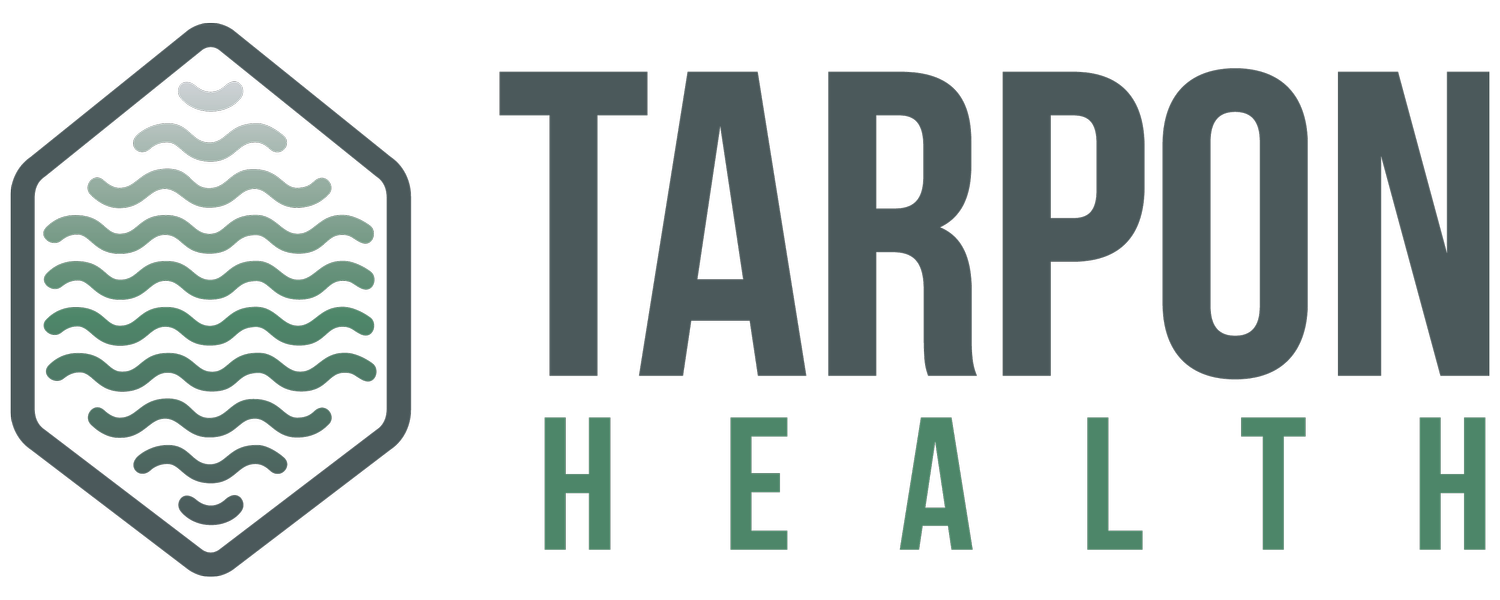Member Automation Story
Featuring Nicole McAdam, Senior Manager of Operational Efficiency for Mass General Brigham
-
“To get started, our team hired a consultancy to help us stand up an automation program. They helped us select an automation platform, facilitate training, and mentor our developers through the first automations. This was a great way to get started.
Given our fixed developer resources, it is essential that we find the right balance between developing new automations and maintaining existing ones. To strike that balance, we have focused on optimizing processes before automating. We want to avoid scenarios where we are building automations on top of poor processes.”
-
“Maintenance. Our team is committed to being proactive rather than reactive. Twice a year, our organization performs EMR updates. During this time, we will not work on new builds and will prioritize automations to minimize downtime. We consider factors such as which automations will be most affected by the upgrade, their volume, and their operational importance. We take an all-hands-on-deck approach during the short window of time when we have access to the new environment and the EMR update.”
-
“We have a strong working relationship with the EMR support team. We consult with them before building any automation to ensure that our efforts will be worthwhile. For example, they let us know about new features that may affect automations we are planning to build. They also support us by updating work queues and creating reports.
Our team is part of the Department of Intelligent Automation, which provides support to other teams in the hospital, such as billing, pharmacy, supply chain, health information management, and human resources. The department plays a critical role in governance. They help us manage our EHR and automation vendors, and they approve our builds before we move forward.”
-
“Here are my three main pieces of advice:
Understand processes. This is the most important skill when building your team. It is more important than raw technical skills. People who can evaluate a process from start to finish have been instrumental to our success.
Constantly educate revenue cycle teams on automation. Don't shortcut communication. We over-communicate on upgrades, downtime, issues, etc.
Fix your processes before you automate them. I cannot stress this enough.”
-
“Our department has benefited greatly from learning from others. New perspective has challenged our team's thinking and helped us to see new possibilities. We believe that strong relationships in this space will spur new ideas and ultimately enhance our business.”
-
“Our professional billing department is committed to efficiency. We are always looking for ways to streamline our processes and improve our workflow. We are fortunate to have a leader who encourages us to be innovative and experiment with new ideas. We believe that by continuously looking for ways to improve, we can make a positive impact on our organization. “
-
“Initially, we spent a lot of time gathering ideas and understanding pain points from individuals and teams (e.g., patient access). Today, we rely more on reporting to identify opportunities for improvement. For example, we created custom charge review reports in our EHR. These reports allow us to view account volume that is “triggered” by unique rules we created. We also keep an eye on denial trends. When we identify a denial trend, we discuss the root cause. If we believe there are no upstream processes to address, we investigate whether we can apply Robotic Process Automation (RPA).”
-
“In general, the program was met with widespread support. However, there were some pockets of skepticism early on. For example, some teams felt it was important to review each account manually. Additionally, there were concerns about productivity expectations and losing responsibilities. We were able to address these concerns through education and open communication.”
-
“Since automations are working 24/7, we have been able to reduce the “lag” in a lot of areas in the revenue cycle. For example, in charge review, automations allow us to get bills out of the door more quickly.
We have also seen positive impacts for our patients with automations in the self-pay refund space. Prior to automation, it took over a month to realize refunds weren’t distributed due to invalid credit cards. Once they bounced, a team had to work each account manually to resolve the issue. With automation, patients receive refunds much faster, which is critical for many of our patients.”
-
“We evaluate each automation individually. We typically measure ROI based on how much time automation saves an individual who would typically work an account. We estimate the manual time it takes to work an account and multiply that by the volume the automation will manage.
Our team has no issues with value alignment. However, we have become more sophisticated with our models over time. We have incorporated different scenarios that account for automation exceptions into our models. This allows us to more accurately reflect the automation's performance.”
About Nicole McAdam
Nicole McAdam manages the professional billing automation team, which is part of Mass General Brigham's revenue cycle automation program that saves over 50,000 hours of manual work each year.
Launched in 2019, the program is a system-wide service that built and maintains more than 25 automations. These automations have helped to improve the efficiency of the revenue cycle, and they have also freed up staff to focus on other tasks.
Nicole’s success with revenue cycle automation is an example that many other health care providers can learn from, and she sat down with Tarpon’s Nicholas Malenka to share her journey and lessons learned. The following is an edited version of their conversation.



